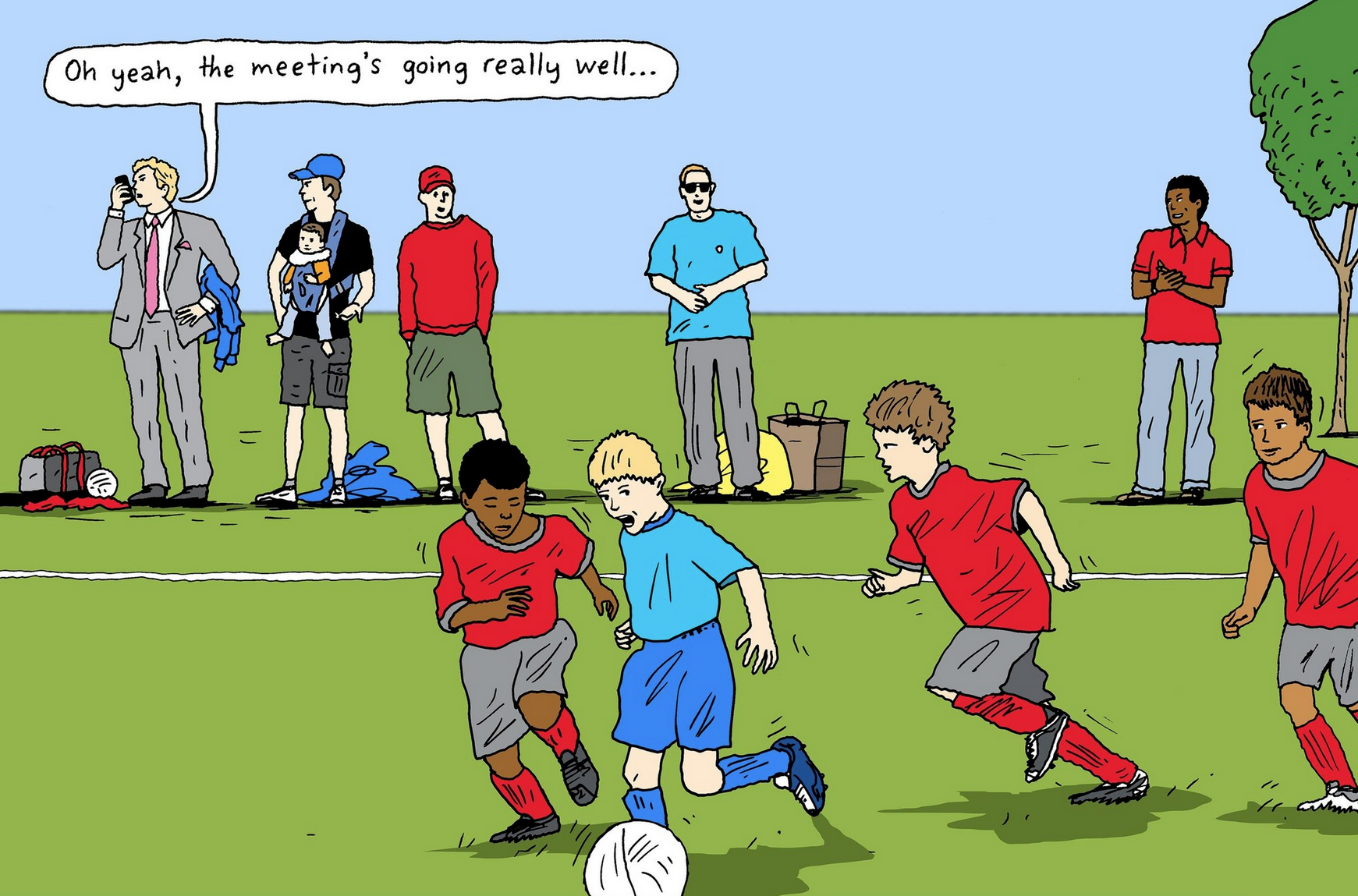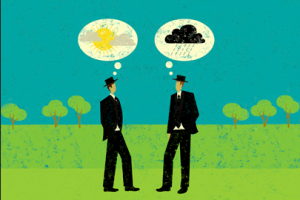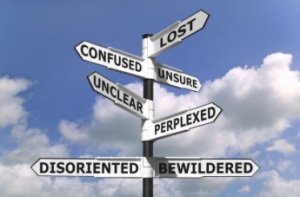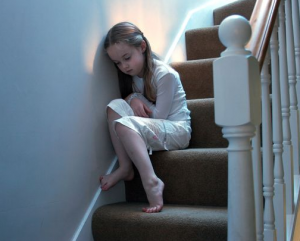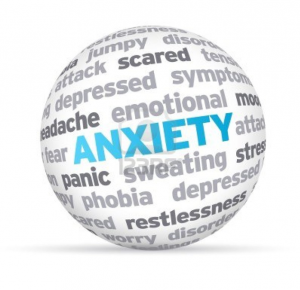If you’re suffering from depression, you’re likely to believe that your emotional state generates negative thoughts and expectations about the future. After all, depression can color everything, so it’s natural to assume that a negative outlook reflects your depressed mood. And that’s the conventional thinking among most of us in the mental health professions, as well. But for many people the reality is the other way around: It’s how you envision the future that can make you depressed.
A new study supports this. I was happy to come across it because it’s what I’ve observed and emphasized for years: Your vision of your future “self” shapes your mental health. Specifically, a positive vision of what you aspire towards –– a picture of what you’re aiming for, a sense of new possibility –– acts like a kind of psychological magnet. It pulls you towards it, helping you find the path that will take you there. Picturing what you strive towards can feel as though it has tether connected to you, steadily tugging you towards it. That generates positive energy and wellbeing.
But if you lack that vision of possibility, you’re likely to remain more stuck if you’re already depressed. Or you may become depressed, as the new research shows. And even if you’re not, you’ll tend to feel stagnant and flat-lined about some important dimension of your life –– your relationship, your career, your sense of purpose.
The study I referred to was published in the British Journal of Clinical Psychology and conducted by researchers at the University of Pennsylvania. It concluded that a pessimistic view of the future may not be the result of depression but the cause of it. The researchers found that three kinds of pictures of the future, or “prospection,” can drive depression:
- poor generation of possible futures
- poor evaluation of possible future
- negative beliefs about the future
According to the researchers, “Prospection belongs front and center in the study of depression…(and) that faulty prospection does drive depression. An understanding of how prospection shapes psychopathology may enable researchers to create more effective treatments and help distressed individuals to create brighter futures.”
Credit: Triometric




